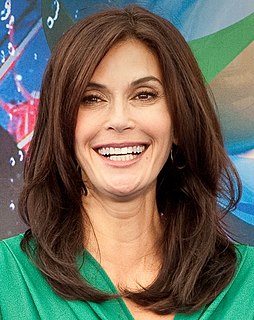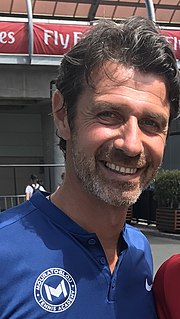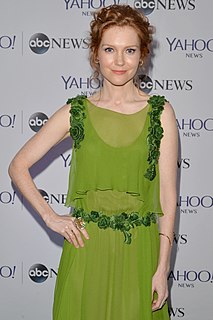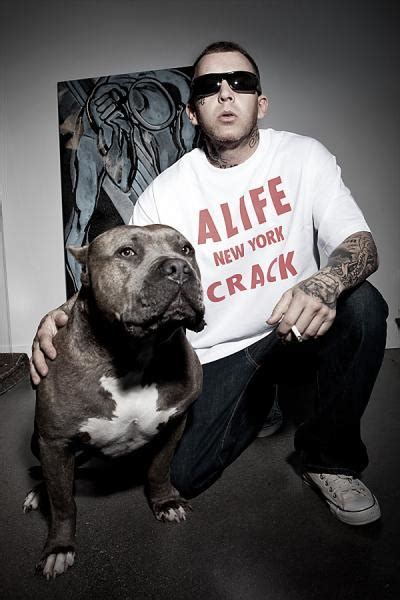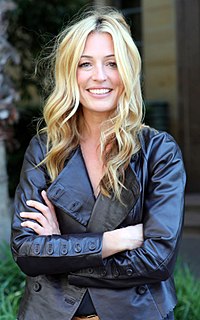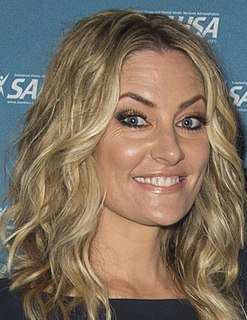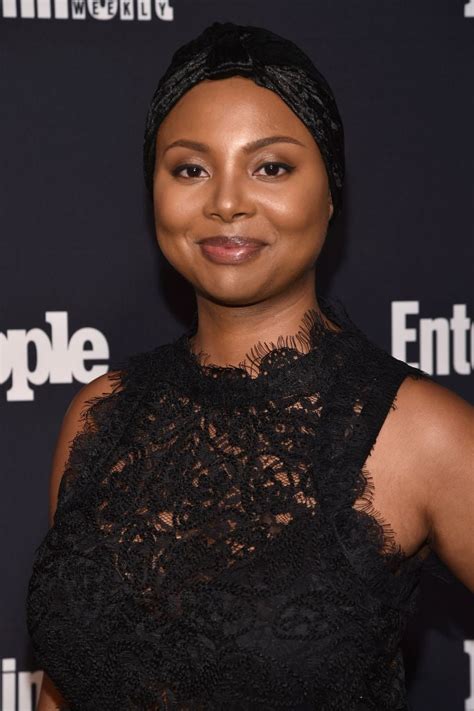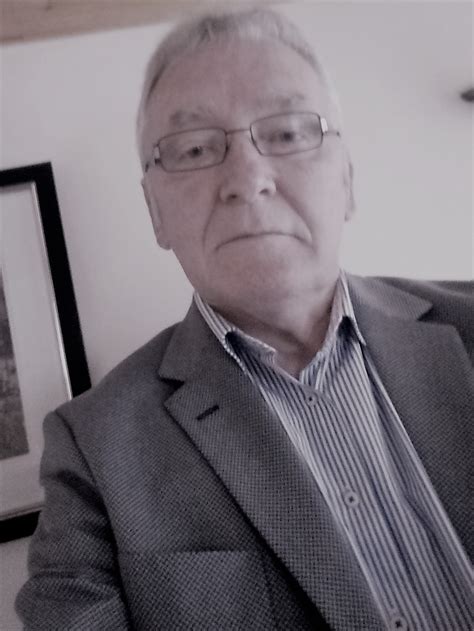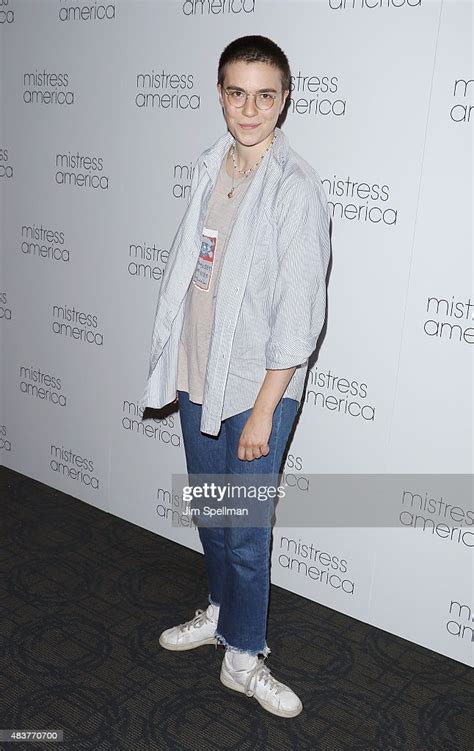A Quote by Teri Hatcher
I actually thought 'Desperate Housewives' finished very well. I just think there's still stories to be told. I feel like I get that from fans that they weren't done watching those people's lives.
Related Quotes
I guess I've always wanted to create my own stories, but writing was one of those things where I thought that I would never actually do it. I respected writers too much, and what they do, to think that I was one of them - and I still feel that way a lot of the time. I still feel uncomfortable calling myself a writer. I'm like, "No, I'm an actor who writes sometimes."
I think it's good for the fans, as well, because they get to connect with you directly. You know, in the old days, if I wanted to, like, write to (Steven) Spielberg or Sam Raimi or whatever, I'm not sure I could actually write a fan mail and (I'd) have no idea where to actually send it. Nowadays, you can just, like, follow Ashton (Kutcher who still has among the most followers on Twitter) or, like, friend someone, you know, on Facebook, and you can actually just say, "Hey, I like your stuff."
I'm a very private person, so I didn't like this idea of tweeting about me. And then I realized, 'Oh, this is actually a brilliant device in terms of interacting with the fans'. It's a lovely way to just get back, to thank the fans for watching the show. And to live tweet is kind of like getting the rewards of doing live theatre.
I just people to get big bang for their buck. I just feel like I am really lucky that I still get the support that I do from my fans when it is so easy to download music for free. When fans go out and support and buy my music that really means a lot to me so I want to make sure that I give the very best I can when selling a product.
I say that is because those are the times where sometimes you feel actually a little bit hurt. Because you feel like saying to these folks, "[Don't] you think if I could do it, I [would] have just done it. Do you think that the only problem is that I don't care enough about the plight of poor people, or gay people, or immigrants, or ...?"
I have loved my work, I have loved people and my play, but always I have been uplifted by the thought that what I have done well will live long and justify my life, that what I have done ill or never finished can now be handed on to others for endless days to be finished, perhaps better than I could have done.
The desire for story is very, very deep in human beings. We are the only creature in the world that does this; we are the only creature that tells stories, and sometimes those are true stories and sometimes those are made up stories. Then there are the larger stories, the grand narratives that we live in, which are things like nation and family and clan and so on. Those stories are considered to be treated reverentially. They need to be part of the way in which we conduct the discourse of our lives and to prevent people from doing something very damaging to human nature.
I think that knowing where you're going is important, and it's not like, when Robert says that, it's not like we know what every episode of the next five, four, five, six seasons of the show is going to be. I think Matt Weiner knew how Mad Men was going to end. Vince Gilligan knew how Breaking Bad was going to end. Marc Cherry knew how Desperate Housewives was going to end. Along the way, the process of crafting those stories ... You don't know what the road, what twists and turns that road is going to take to ultimately get you there.
I see a huge, huge divide between the people who are facing the most barriers and violence and the kinds of stories being told in mainstream American politics. The issues that I think most about - how many people's lives are being affected by prisons and policing, how many people's lives are being affected by immigration enforcement and deportation - those stories aren't being touched, let alone told, in mainstream politics.
